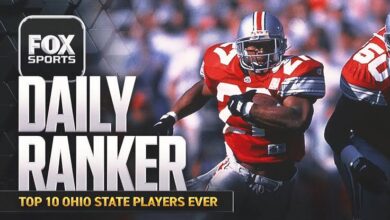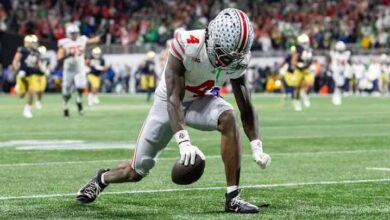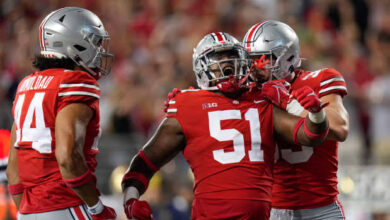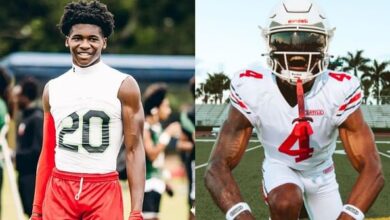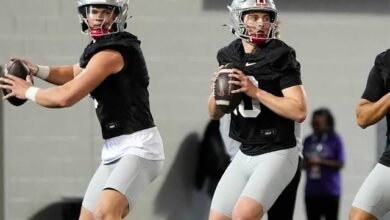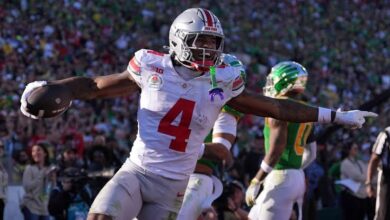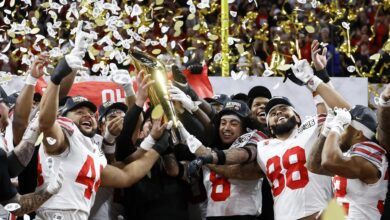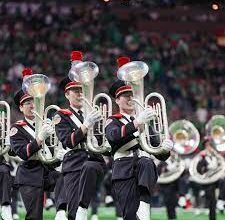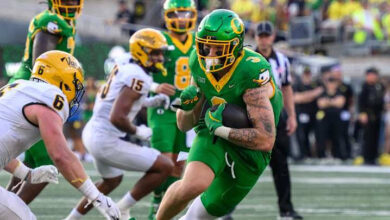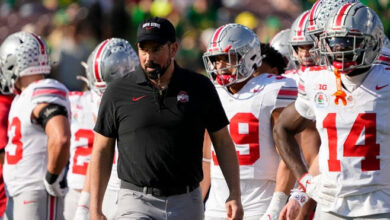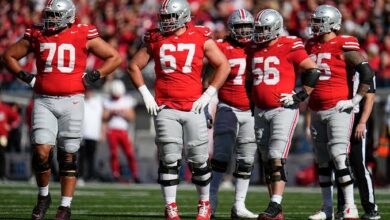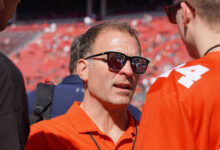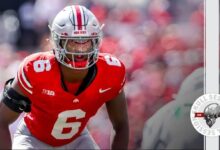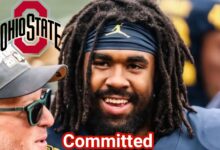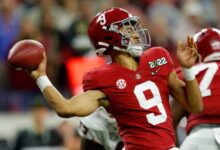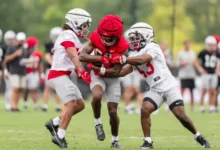Ohio State announces its Iron Buckeye Awards for the 2025 season
Ohio State announces its Iron Buckeye Awards for the 2025 season
The offseason is over, and Ohio State football practice has officially begun. Heading into fall camp, the Buckeyes have been working hard all summer to improve their physical and mental strength to prepare for the season ahead.Ohio State has long been known for awarding accolades, most notably the Buckeye Leaves added to players’ helmets for outstanding play, a tradition started by none other than Woody Hayes himself. More recently, OSU has handed out the Iron Buckeye award, given in recognition of players who exhibit “unquestionable training, dedication, determination, discipline, toughness and leadership” during offseason workouts.
This year, the honor went to a total of eight players, two of whom were given the award last season. Sonny Style and Jeremiah Smith were the only two repeat honorees joining first timers Austin Siereveld, Kenyatta Jackson Jr., Lincoln Kienholz, Payton Pierce, Carnell Tate, and Jaylen McClaiof the receiving unit. It was also interesting to see Lincoln Kienholz on the list. It’s clear that he has his eyes set on making a run at being the starting quarterback and won’t back down from competition. Julian Sayin may be the presumed starter, but Kienholz is going to force Ryan Day to think long and hard.n.

